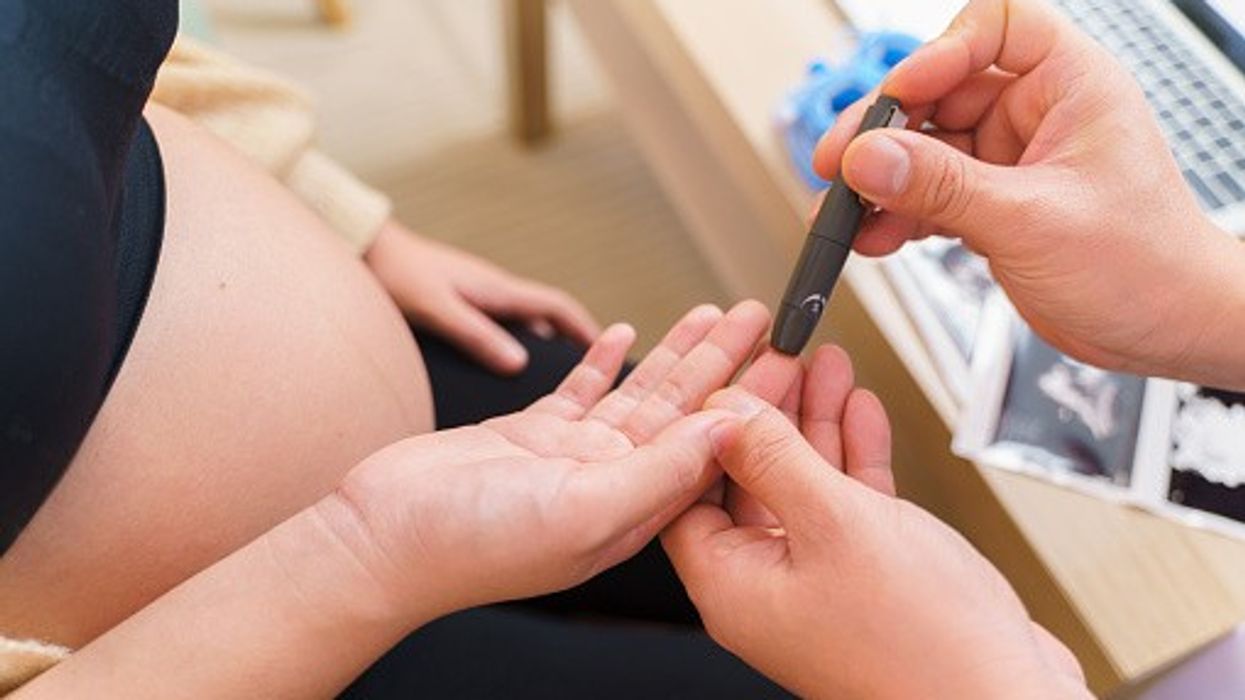Key Summary
- NHS offers first-ever ‘artificial pancreas’ to pregnant women with type 1 diabetes
- Device automates insulin delivery, improving safety for mothers and babies
- Over 600 women supported in the first rollout phase
In a first of its kind initiative, NHS England is offering ‘artificial pancreas’ to pregnant women who have type 1 diabetes, so that they can control their blood glucose levels.
NHS England reports that around 2,000 with type 1 diabetes get pregnant every year.
These women find it difficult to manage their glucose levels and this could lead to issues like stillbirth, miscarriage, birth injuries and increased need for neonatal care.
These pancreas consists of an insulin pump, a glucose sensor, and an advanced algorithm that runs 24/7 on a mobile phone app, which calculates and delivers the precise insulin dosages a woman requires before and during pregnancy.
The technology makes both pregnancy planning as well as pregnancy of type 1 diabetes patients achieve better outcomes.
The NHS has launched ‘artificial pancreas’ initiative along with the local healthcare systems
In the first phase, more than 600 pregnant women with type 1 diabetes have been given the life-changing technology by NHS diabetes specialist midwives and diabetologists.
Babies of mothers with type 1 diabetes are often larger for gestational age and face higher risks of obesity, type 2 diabetes, and heart disease later in life.
“The NHS is offering this cutting-edge ‘artificial pancreas’ because we want to transform the experiences of women with type 1 diabetes – helping to make this special time in their life safer, less stressful, and more enjoyable,” said Kate Brintworth, chief midwifery officer for England.
“This is a good example of fulfilling promises in our 10 Year Health Plan both to deliver more urgent care in the community right in people’s home and to shift the emphasis from sickness to prevention,” said health minister Gillian Merron.













